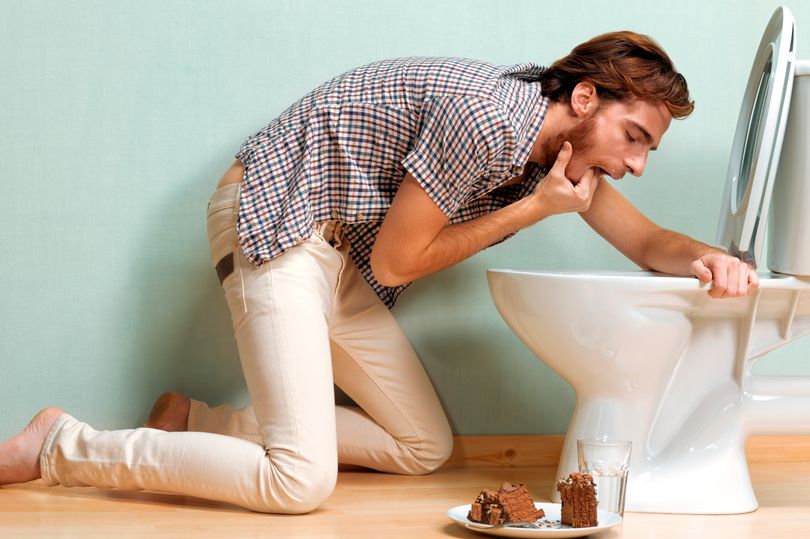He’s got movie star looks, a film franchise which relies on his starring role for its success, and he’s hero-worshipped round the globe. You’d think Robert Pattinson would be quids in and bursting with self-confidence. But he’s not.
He’s previously confessed to an Australian mag that he felt acute anxiety about his appearance at red carpet events because he wasn’t happy in his own skin. He was unhappy with his body.
This reflects the increasing number of men who have a poor body image. And while Robert is just working on his confidence to help his body dysmorphia, many other men can end up suffering severe pressure to lose weight.
Some even end up with an eating disorder, the latest figures showing a rise of 70% in hospital admissions for men with such issues between 2010 and 2016.
Researchers have found that common eating disorders, such as anorexia, bulimia, binge eating and using laxatives, are almost as prevalent in men as they are in women and more men than ever before are seeking help.
With the increase in male eating disorders, there has been a parallel rise in men checking into clinics and hospitals.
And part of this rise can be contributed to male celebrities like Robert Pattinson coming clean about their own issues with their body image.
There’s so much pressure on men to be strong and fit that even young boys are becoming anorexic to conform to the physical image they think they need. Men with an eating disorder still feel stigmatised, even though they’re experiencing similar issues to women with binge eating, bulimia and anorexia.
But, unfairly, more treatment is available for women, including women-only clinics and programmes.
Male-only treatment facilities are slowly appearing with a 70% increase in programmes in 2013. Paradoxically, some men feel they have to slim down but others want to bulk up – a condition called muscle dysmorphia.
This is when someone thinks they need to have a certain physique and muscle development in order to be satisfied with their appearance.
Someone who suffers from muscle dysmorphia becomes obsessed with working out and body building because they think they need to achieve extreme fitness goals to be comfortable with their body.
The need to be physically bulked up is emphasised by celebrities and superheroes, but it can have a harmful effect on how a man perceives himself.
With the advent of celebs coming forward to confess insecurities about their body image, and people talking about male eating disorders, more treatment options for men will hopefully emerge.
An encouraging sign is that more men are comfortable in asking for help.

